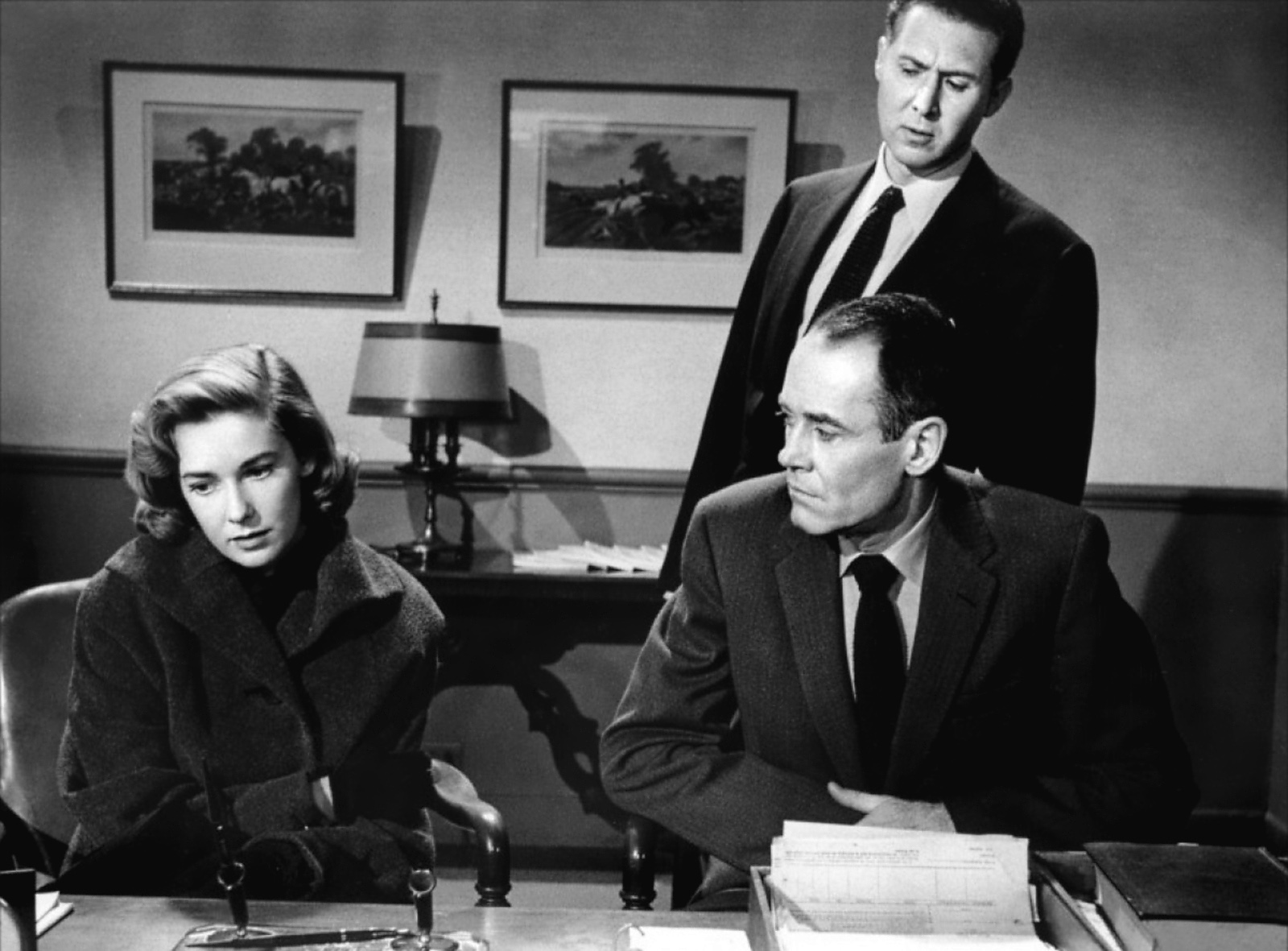love4livi.com – Alfred Hitchcock, renowned for his suspenseful thrillers, took a departure from his signature style with The Wrong Man (1956). This film, based on a true story, delves into the heart-wrenching tale of a man wrongfully accused of a crime he did not commit.
A Man Accused
The film centers around Manny Balestrero (Henry Fonda), a simple, hardworking musician who becomes entangled in a web of mistaken identity. When a series of robberies occurs in New York City, Balestrero is mistakenly identified as the culprit due to a series of unfortunate coincidences. As the police investigation intensifies, Balestrero finds himself facing a criminal charge that could ruin his life.
Hitchcock’s Unique Approach
While The Wrong Man may not possess the same level of suspense as Hitchcock’s other films, it offers a unique and poignant exploration of the human cost of injustice. The director’s signature use of suspenseful music and camera angles is tempered by a more restrained and documentary-like approach. The film’s black-and-white cinematography, coupled with its realistic portrayal of the legal system, creates a stark and sobering atmosphere.
A Family’s Struggle
One of the film’s most powerful aspects is its portrayal of the impact of the ordeal on Balestrero’s family. His wife, Rose (Vera Miles), is forced to confront the harsh realities of the legal system and the potential loss of her husband. The film highlights the emotional toll that such an experience can take on a family, as they fight to clear Balestrero’s name.
A Timeless Tale of Injustice
The Wrong Man is a timeless exploration of the fragility of justice and the power of human resilience. It serves as a reminder of the importance of due process and the potential for innocent people to be wrongly convicted. The film’s understated approach and powerful performances make it a compelling and thought-provoking cinematic experience.
Conclusion
While The Wrong Man may not be as widely recognized as some of Hitchcock’s other works, it remains a significant contribution to his filmography. It demonstrates the director’s versatility and his ability to adapt his style to suit different genres. By shedding light on a real-life injustice, Hitchcock created a film that continues to resonate with audiences today.
